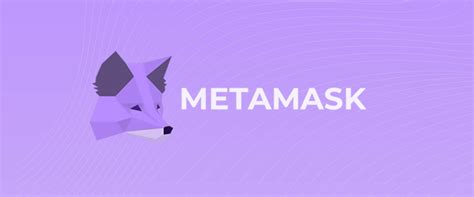Setting Up MetaMask for a Local Ganache Server: Do You Need Infura?

When it comes to building a local Ganache server with MetaMask wallet, you’re probably looking for a secure way to implement private key storage. One popular way is to use Infura, a cloud-based API that provides a simple way to interact with the Ethereum network. However, if you’re setting up a MetaMask wallet from scratch and want to avoid using Infura, here’s what you need to know.
What is Infura?
Infura is an Ethereum API that allows developers to interact with the blockchain in real time. It provides a secure way to interact with the Ethereum network without having to store private keys or use a third-party wallet. Infura allows you to access a variety of data feeds, such as block hashes, transaction count, and gas prices.
Does MetaMask require Infura?
In short, no. If you build your own Metamask wallet from scratch using open source, you don’t need to use Infura. Here’s why:
- Standalone: By building your own Metamask wallet, you create a standalone solution that doesn’t rely on external services like Infura.
- Private key management: Since you store your private keys locally, you don’t have to worry about sharing them with third-party APIs or services.
What’s the alternative?
When you build your own Metamask wallet using open source, you can use several other tools and libraries to interact with the Ethereum network. Some popular options include:
- Web3.js: A JavaScript library that provides a simple way to interact with the Ethereum network.
- EthereumJS: Another JavaScript library that allows you to access Ethereum data feeds and perform transactions.
Why use a local ganache server instead?
While Infura is a convenient option, using a local ganache server can offer several advantages:
- Security: By storing your private keys locally, you have more control over the security of your wallet.
- Performance: Local servers often offer better performance than cloud-based APIs like Infura.
- Flexibility: You can use multiple data feeds and execute transactions without having to worry about downtime or connection issues.
Conclusion
While using Metamask with Infura may seem convenient, building your own wallet from scratch offers a more secure and flexible solution for managing your private keys. By following the steps outlined in this article, you can create a standalone Metamask wallet that allows you to store your passwords locally without relying on third-party services like Infura.
Getting Started
To build your own Metamask wallet, you need to:
- Clone the MetaMask open source code from GitHub.
- Set up a local development environment (e.g. Node.js, Web3.js).
- Test and develop your wallet by starting a local ganache server.
Once you have a working setup, you can start building your Metamask wallet from scratch using the open source code as a starting point.

